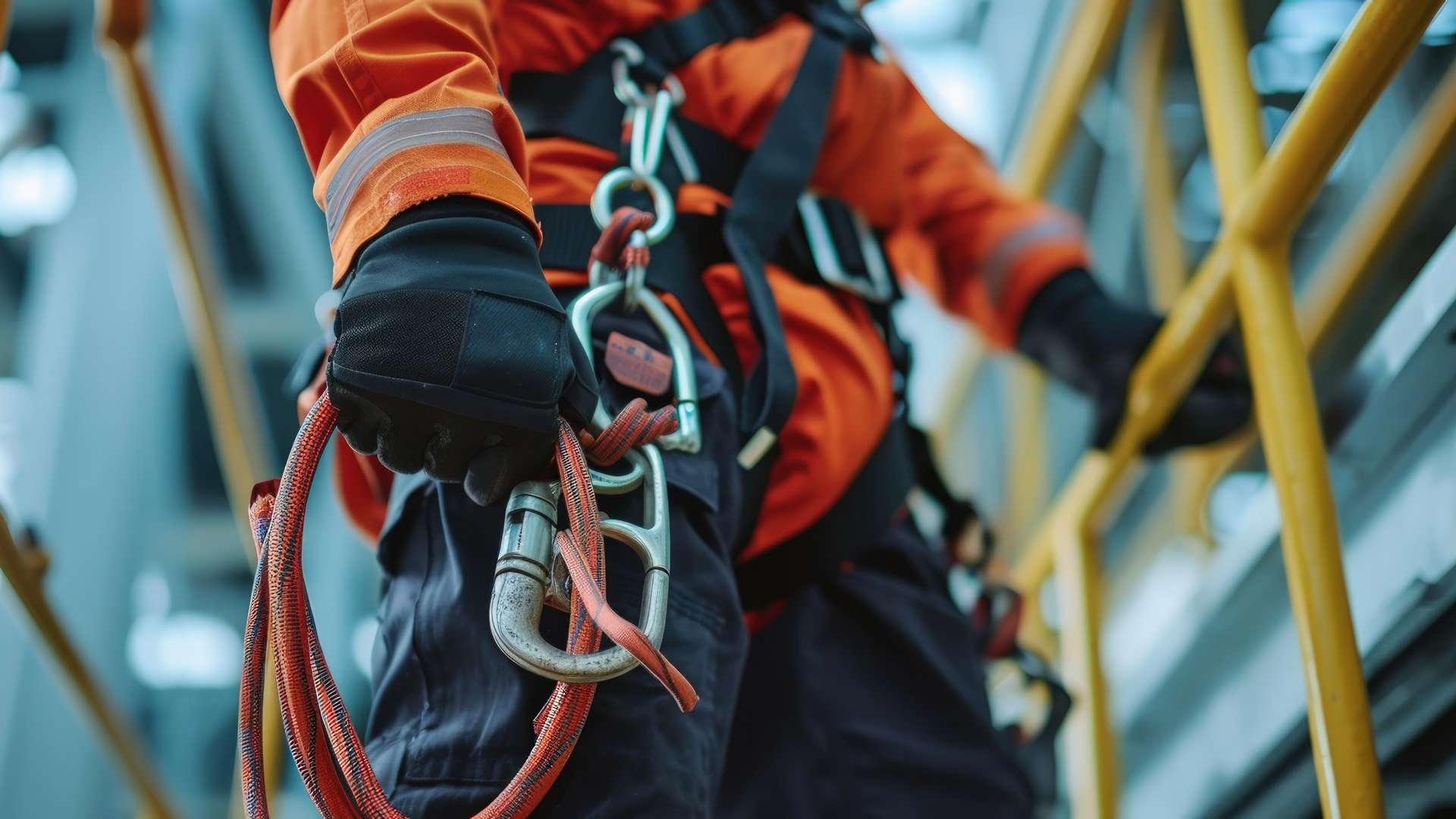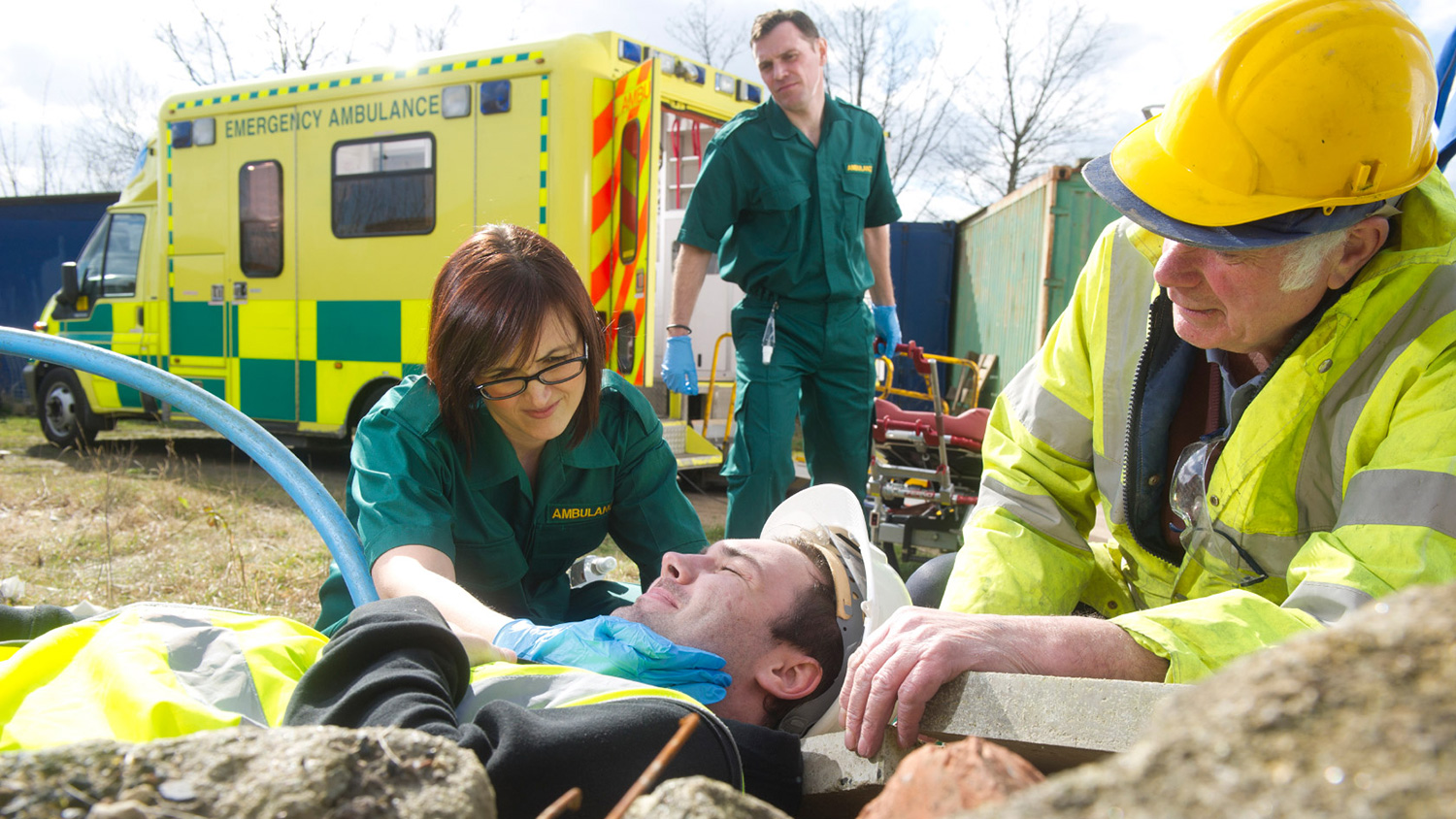A garden supplies company owner has been jailed and the firm fined £700,000 after a worker was crushed to death by a robotic packing arm. Andrew Tibbott suffered fatal injuries on 14 April 2017 at the premises of Deco-Pak Ltd in West Yorkshire after attempting to clean a sensor on the automated bagging production line.
Safety systems for the production line, known as the RM machine, were deliberately disabled or bypassed within weeks of its installation in early 2015. These features included safety fencing and a system that would automatically shut down the power if anyone stepped inside the production area.
Unsafe practices continued at the company in the two years before Mr Tibbott’s death, and there was no promotion, planning or ongoing review of health and safety.
Prosecutors also highlighted that senior management at the company were notified on numerous occasions about the bypassing of safety systems and the likely consequence of accidents and injury.
On 14 January 2022, Deco-Pak Ltd was convicted of corporate manslaughter following a trial. The jury could not agree on a verdict regarding company owner Michael Hall, who faced a single count of gross negligence manslaughter.
Following a re-trial, Hall was convicted of gross negligence manslaughter on 24 April 2023 and sentenced to five years' imprisonment at Leeds Crown Court while Deco-Pak Ltd was fined £700,000 and ordered to pay £90,000 in court costs.
Alex Johnson, specialist prosecutor with the CPS Special Crime Division, said:
“Andrew Tibbott was killed by a powerful and dangerous piece of machinery in an accident that should never have happened. The CPS was able to show the jury that the repeated warnings the company had received from the machine suppliers had been ignored, as well as evidence of the wider negligence in keeping employees safe around the machinery. Our thoughts remain with the family and friends of Mr Tibbott.”
Jacqueline Ferguson, HSE inspector, said:
“Mr Tibbott’s death was wholly avoidable. It arose as a direct consequence of a systemic failure within the company to ensure employees’ health and safety at work was protected and that they were not exposed to the risk of serious injury and death. There was a complete failure at management level to appreciate the need to proactively manage health and safety and a failure to react to incidents, injuries and reports of conditions that posed a serious risk to the health and safety of employees and others. Our thoughts remain with Mr Tibbott’s family.”
The CPS Special Crime Division deals with the most complex and sensitive cases in England and Wales including disasters, serious criminal allegations against police officers, corporate manslaughter and election offences.
The Corporate Manslaughter and Corporate Homicide Act 2007 came into force on 6 April 2008 and clarifies the criminal liabilities of companies including large organisations where serious failures in the management of health and safety have resulted in a work-related fatal accident. The Act simplifies and clarifies how a corporate body could be held accountable for a work-related death.
The offences relate to fatal accidents that occur in work-related situations after 6 April 2008. Prosecutions are of the corporate body and not individuals, but the liability of directors, board members or other individuals under health and safety law, or general criminal law, will still be questioned in any fatal accident investigation. Also the corporate body itself and individuals can still be prosecuted for separate health and safety offences. So often in cases of fatal accidents, multiple offences are put before the courts.
The offence is based on two principles. An organisation will be guilty if the way in which its activities are managed or organised:
- Causes a person’s death; and
- Amounts to a gross breach of a relevant duty of care owed by the organisation to the deceased person. This is further governed by the way in which the activities are managed or organised by its senior management and that the failure has occurred at a ‘senior level’.
You may also be interested in
RELATED CONTENT
RELATED COURSES

The Emergency first aid course offers learners the skills and knowledge to deal with emergency first aid situations at work.

The Slips, trips and falls course explains the measures that can be implemented to prevent slips, trips and falls in the workplace.

Introduction to health and safety gives learners a basic introduction to managing safety in their workplace.

The Working at height course helps learners understand the dangers associated with working at height and ways to control the risks

The Access Industry Forum (AIF), the forum that represents the principal work at height trade associations and federations, is calling for clearer rep...

New IOSH President Stuart Hughes is calling on the profession to challenge itself to develop new ways of tackling the “unacceptably high” number of wo...

You may not realise it but there’s no legal duty on an employer to carry out an investigation into an incident in the workplace. But, says law firm rr...

Employers are increasingly likely to go unpunished after workplace accidents it seems, as research by Prospect Union reveals the number of investigati...